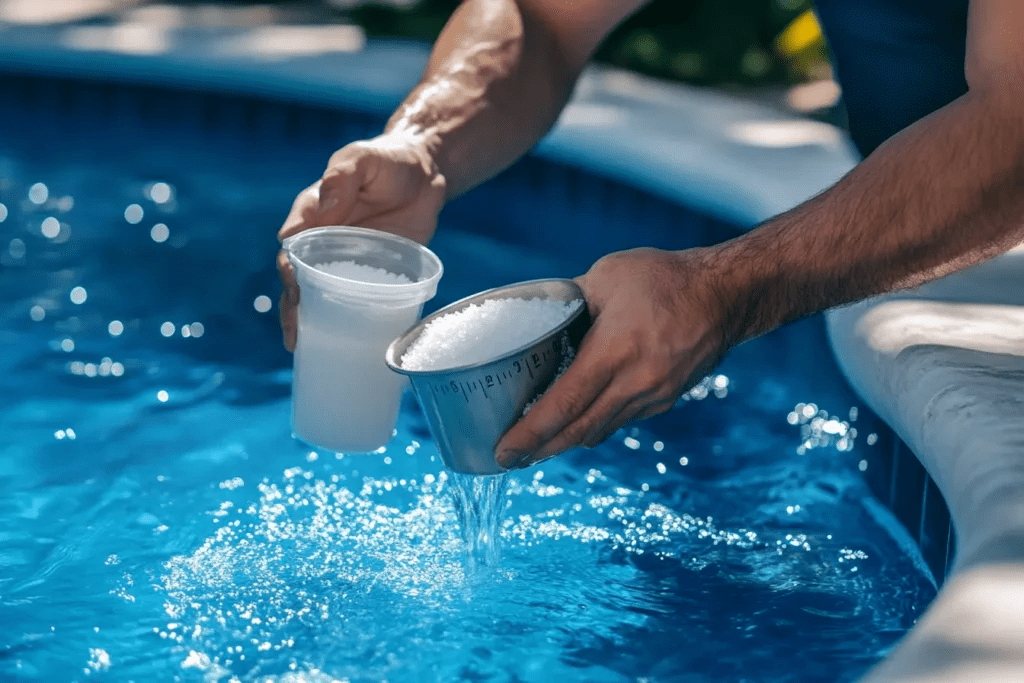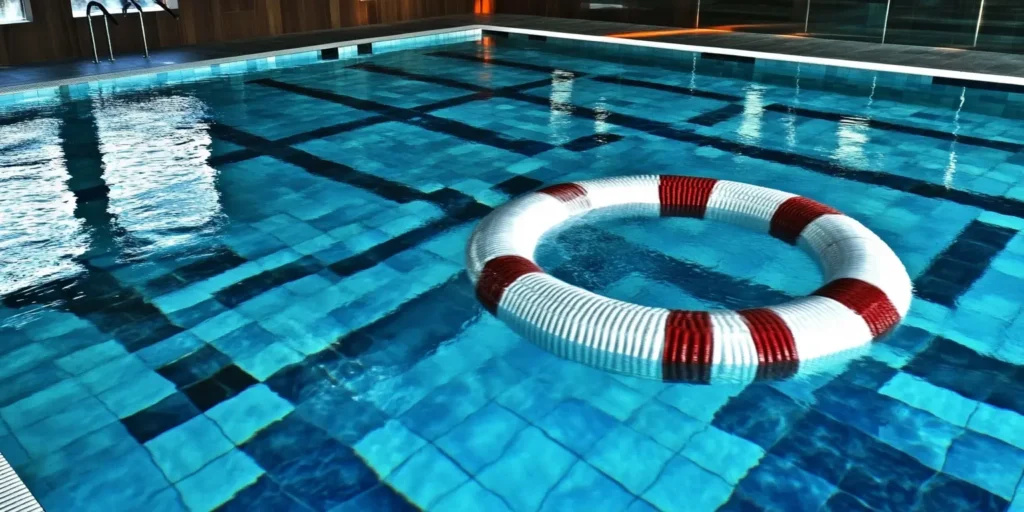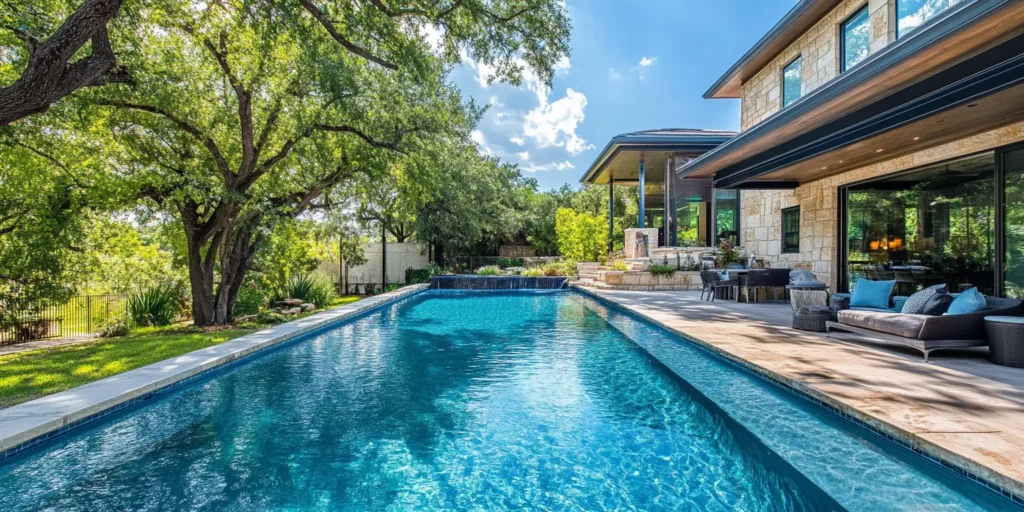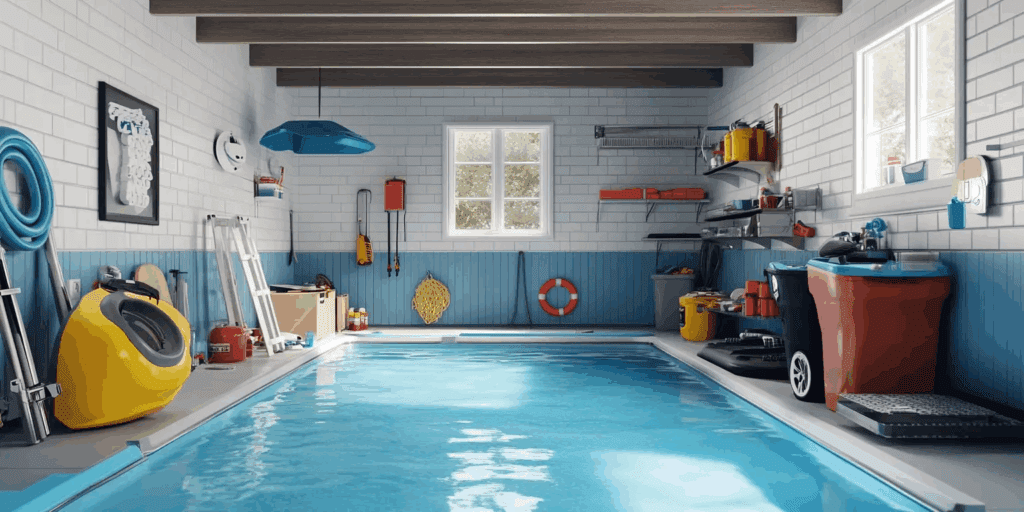Richmond Pool Maintenance Tips: Your Complete Guide to a Sparkling Backyard
Owning a pool in Richmond, Virginia, is a fantastic way to turn your backyard into a private oasis—especially during the city’s steamy summers. But with our humid climate, unpredictable storms, and distinct seasonal changes, pool maintenance in Richmond isn’t always straightforward. Whether you’re a new pool owner or a seasoned pro, having a tailored maintenance plan is the key to keeping your water clear, your equipment running, and your backyard fun all season long.
In this comprehensive guide, we’ll break down everything you need to know: why Richmond’s weather matters, how to handle routine upkeep, special tips for saltwater and above-ground pools, and seasonal must-dos to keep your investment looking great.
Why Richmond’s Climate Affects Pool Maintenance
Richmond’s weather is famously unpredictable. Our hot, muggy summers, mild winters, and mix of thunderstorms and autumn leaves all take a toll on your pool. Here’s how the local climate impacts your maintenance routine:
-
Summer heat: Fast evaporation can quickly lower water levels and alter chemical balance, especially chlorine.
-
Frequent storms: Rainwater and debris disrupt pH and add extra work for your filtration system.
-
Falling leaves: In autumn, leaves and twigs can clog filters and stain surfaces if not managed.
-
Winter chills: Even in mild winters, freezing temps can damage pipes and equipment if your pool isn’t properly winterized.
The bottom line: Richmond’s weather means your pool needs regular, attentive care to stay in top shape.
Essential Pool Maintenance: The Ultimate Checklist
No matter what type of pool you have, follow this core routine for clean, safe swimming:
1. Skim and Scrub Regularly
-
Skim leaves, bugs, and debris from the surface daily or as needed—especially after storms or in the fall.
-
Brush pool walls, steps, and waterline at least weekly to prevent algae and stubborn stains.
2. Test and Balance Chemicals
-
Test water weekly for pH (target 7.2–7.6), chlorine (1–3 ppm), and alkalinity.
-
After storms, heavy use, or high heat, check levels more often.
-
Adjust as needed to maintain safe, comfortable water and prevent algae blooms.
3. Vacuum the Pool
-
Vacuum weekly (manually or with a robotic cleaner) to remove dirt and fine debris from the floor and walls.
-
Regular vacuuming helps your filter work efficiently and keeps water crystal-clear.
4. Monitor and Maintain the Filter
-
Clean filter monthly or as the manufacturer recommends.
-
Cartridge filters: Remove and rinse or soak as needed.
-
Sand or DE filters: Backwash when pressure rises 8–10 psi above normal.
-
Check filter baskets weekly, especially after storms or heavy use.
5. Watch Water Levels
-
Richmond’s summer heat means water evaporates quickly. Keep the water halfway up the skimmer opening.
-
Top off with a hose if water drops, especially after parties or hot days.
-
Low water can damage your pump and reduce circulation.
6. Shock the Pool
-
Shock (super-chlorinate) every 1–2 weeks, or after heavy rain or use, to kill bacteria and control algae.
-
Richmond’s humidity and warmth make algae growth more likely—don’t skip this step!
Saltwater Pool Maintenance Tips

Saltwater pools are increasingly popular in Richmond for their gentle feel and often lower day-to-day chlorine maintenance. But “low-maintenance” doesn’t mean “no maintenance.”
Monitor Salt Levels Closely
-
Ideal range: 2,700–3,400 ppm (check your system’s manual).
-
Too little salt: The chlorine generator won’t produce enough sanitizer, risking cloudy water and algae.
-
Too much salt: Can damage equipment, irritate skin, and leave chalky residue.
Test at least weekly during the summer and after heavy rain. Top off with pool salt if needed, or dilute with fresh water if levels are high.
Inspect and Clean the Salt Cell
-
Check the salt cell every 2–3 months (more if you see reduced chlorine output).
-
Rinse with a hose or use a salt cell cleaner to remove calcium scale (common with Richmond’s hard water).
-
Excess scaling can shorten cell lifespan and reduce chlorine efficiency.
Balance Other Chemicals
-
Saltwater pools tend to drift higher in pH—test and use pH decreaser if above 7.8.
-
Maintain total alkalinity (80–120 ppm) and cyanuric acid (30–50 ppm) to protect chlorine from sunlight.
-
Watch for calcium hardness—high levels can worsen scaling.
Above-Ground Pool Maintenance Essentials
Above-ground pools are affordable and versatile but still require diligent care, especially in Richmond’s climate:
-
Use a pool cover when not in use to reduce debris, limit evaporation, and retain heat.
-
Check the liner frequently for leaks or tears—Richmond’s storms and shifting soil can cause trouble.
-
Treat for algae often, using the right algaecide for your pool type, and brush/vacuum regularly.
Seasonal Maintenance for Richmond Pools
Summer: High-Alert Maintenance
-
Test chemicals 2–3 times a week. Hot temps, UV rays, and high usage demand closer monitoring.
-
Increase filter cleanings: Cartridge (every 2–4 weeks), sand (backwash weekly), DE (backwash every 4–6 weeks).
-
Check and empty skimmer/pump baskets more often.
-
After storms: Test and balance water, skim out debris, and inspect the filter.
Fall: Leaf & Debris Defense
-
Use a leaf net or solid cover to catch falling leaves.
-
Skim daily to prevent stains and filter clogs.
-
Prepare for winter: Inspect for damage and get ready to lower the water level if freezing is expected.
Winter: Protect Your Investment
-
Lower water level below skimmer lines before freezes.
-
Winterize equipment: Drain pumps, filters, and heaters.
-
Cover the pool to block debris and sunlight (which encourages algae).
Pool Equipment Care: Pump & Filter Tips
-
Pump: The heart of your pool system—check for leaks, clean basket weekly, and listen for odd noises.
-
Filter: Each type needs different care. Backwash sand/DE filters when pressure rises, clean/replace cartridge filters as recommended.
-
Professional inspection: At least once a year, especially before opening the pool in spring.
Pro Tips for Richmond Pool Owners
-
Be consistent: Regular, small tasks beat big, expensive repairs.
-
Use local resources: Pool stores in Richmond offer water testing, expert advice, and region-specific products.
-
Act fast: Cloudy water, low chlorine, or strange pump noises? Address issues right away.
-
Keep a log: Track your maintenance, chemical levels, and equipment checks for troubleshooting.



